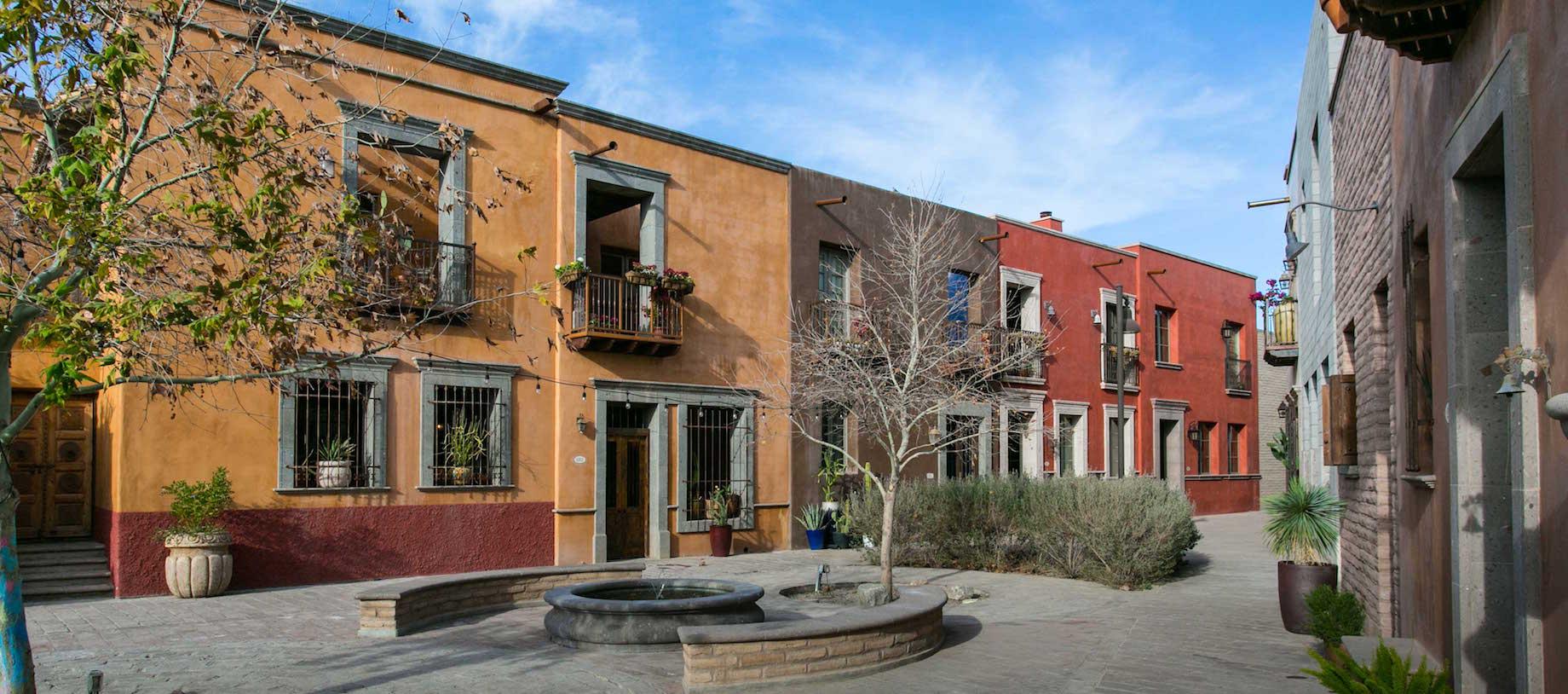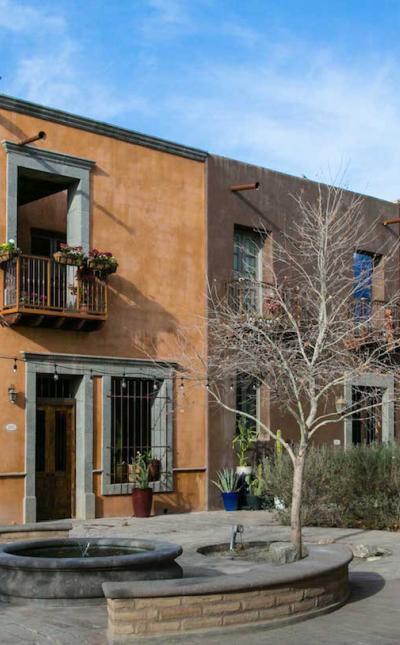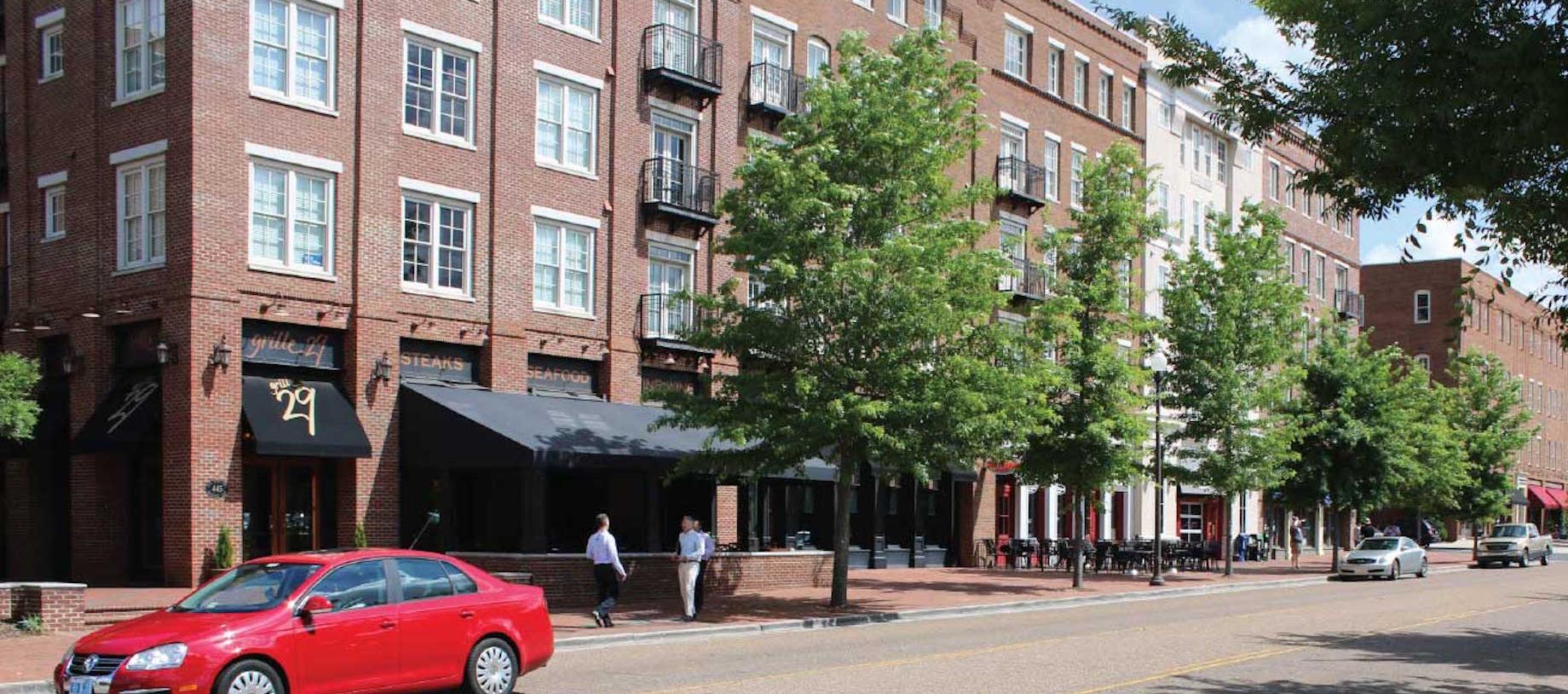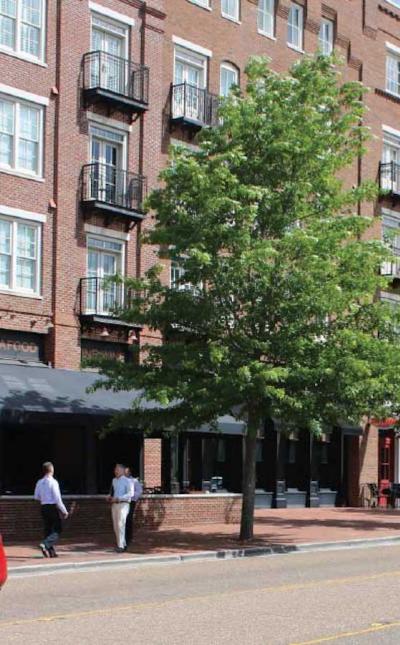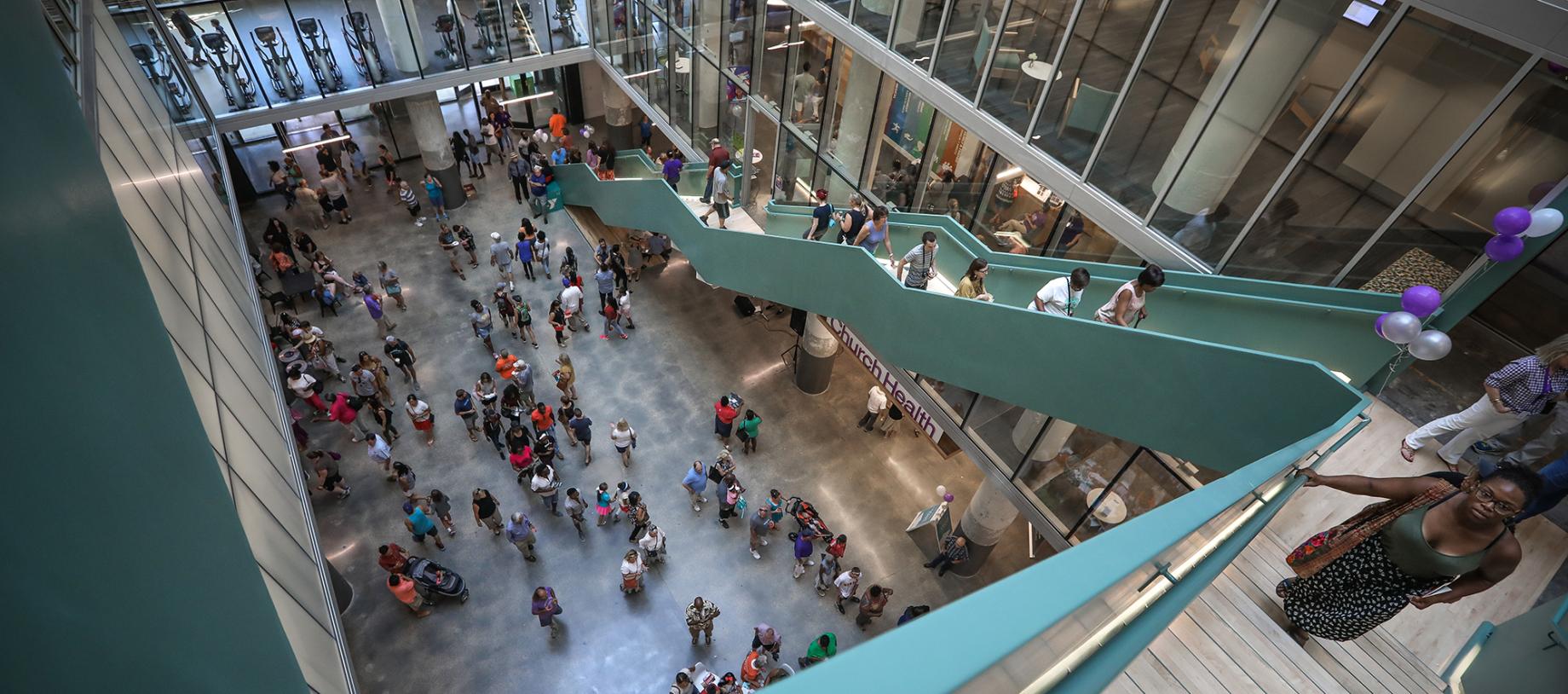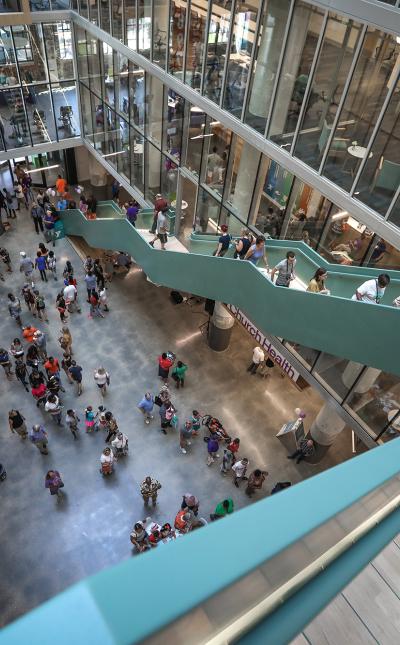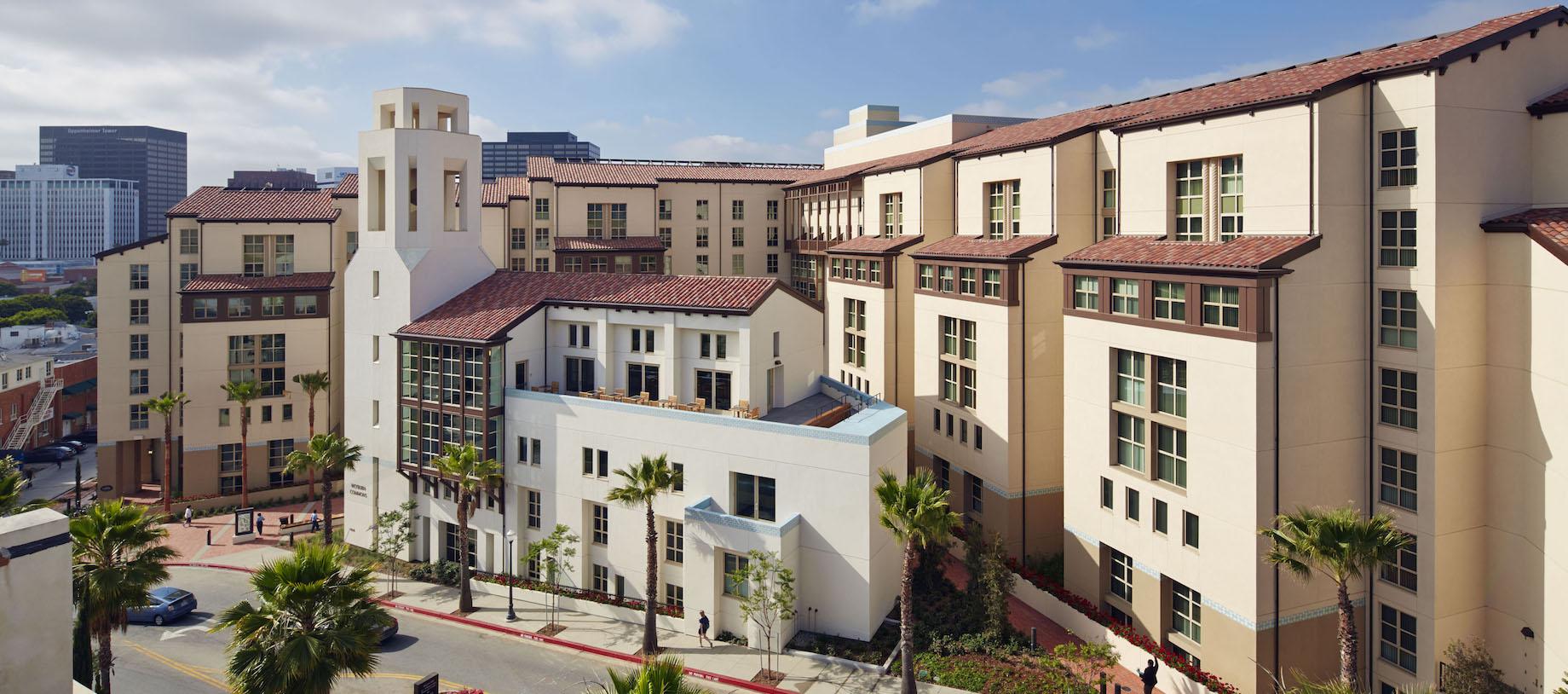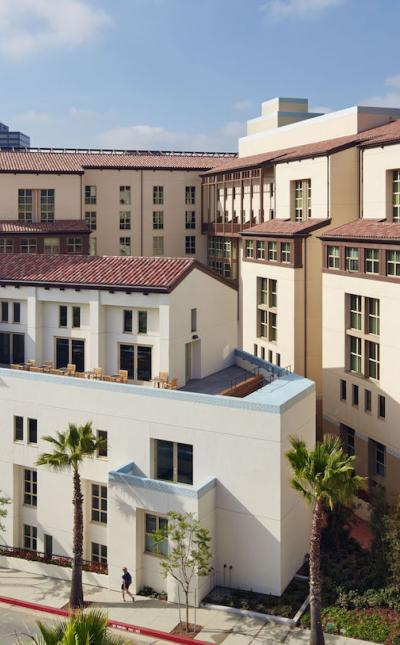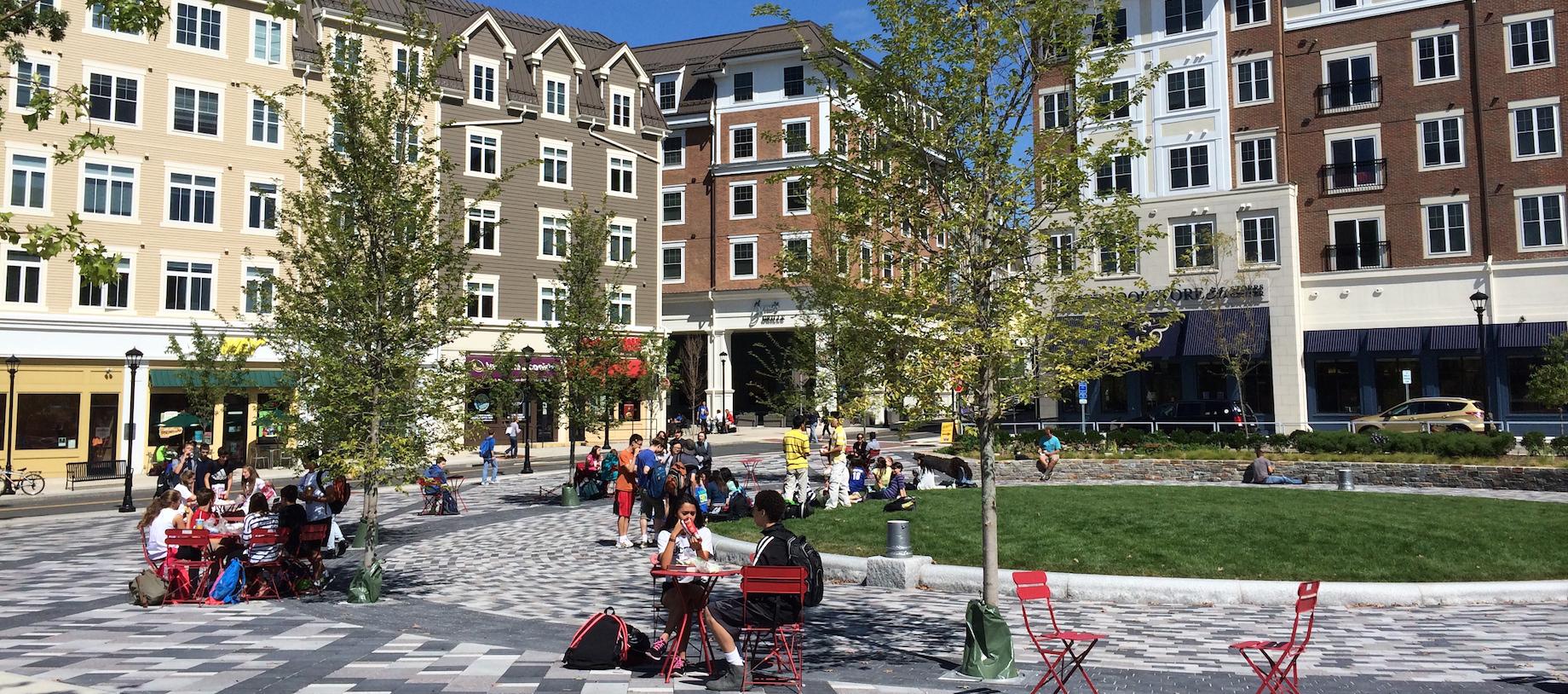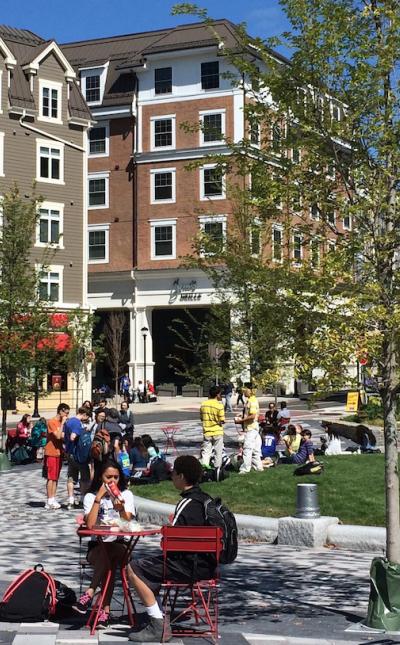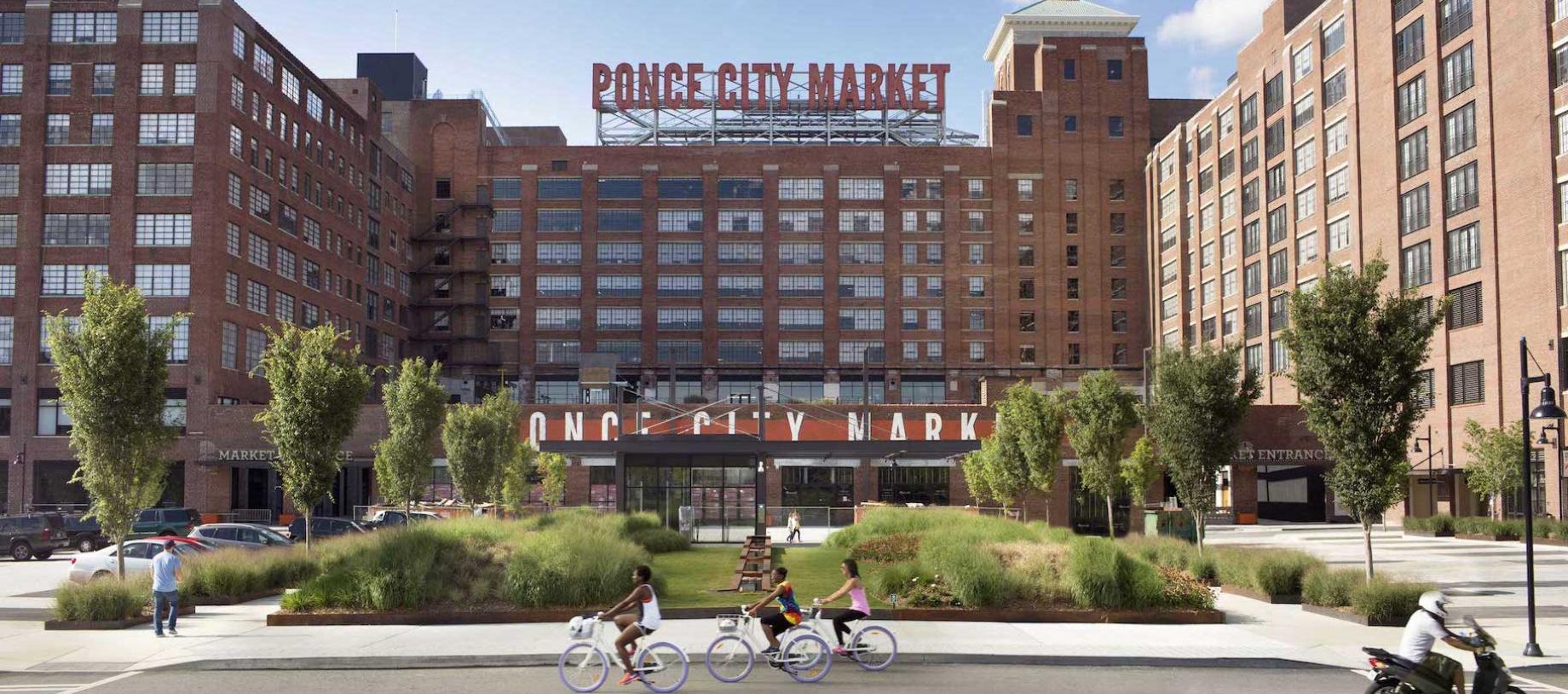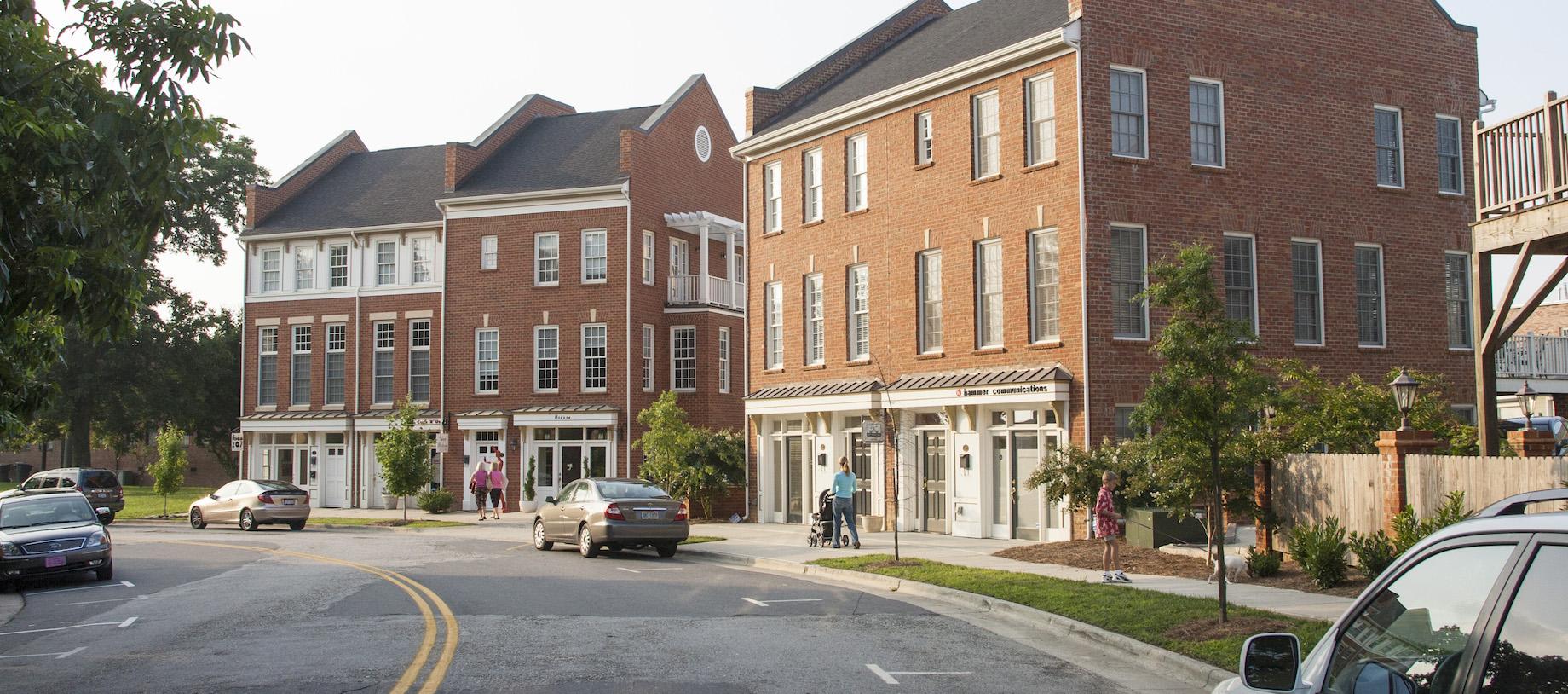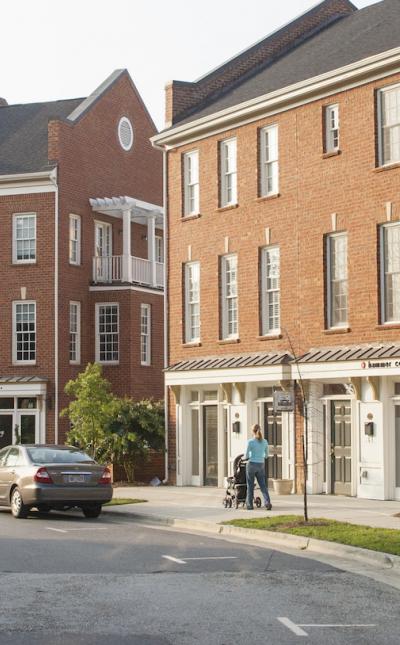- Who We Are
- What We Do
- Our Issues
- Our Projects
- Sprawl Retrofit
- Highways to Boulevards
- CNU/ITE Manual
- Health Districts
- The Project for Code Reform
- Lean Urbanism
- LEED for Neighborhood Development
- Missing Middle Housing
- Small-Scale Developers & Builders
- Emergency Response
- HUD HOPE VI
- Rainwater in Context
- Street Networks
- HUD Finance Reform
- Affordable Neighborhoods
- Autonomous Vehicles
- Legacy Projects
- Build Great Places
- Education & Trainings
- Charter Awards
- Annual Congress
- Athena Medals
- Resources
- Get Involved
- Donate
- Membership
- Public Square
CNU believes replacing urban freeways with surface streets, boulevards and avenues is the most cost-effective, sustainable option for cities with aging grade separated roads. CNU supports the efforts of numerous advocacy campaigns. The following is a ten-part video series expounding on CNU's Highways to Boulevards initiative, one which leverages advocates on the ground to teach and share best practices, while addressing the social, economic, and environmental dimensions of urbanism in practice. The latest webinars will be updated monthly.
Highways to Boulevards Webinar: American Highways Are Being Removed: What’s Next?
Since 1987, more than 20 urban highway segments have been removed from downtowns, neighborhoods and waterfronts, mostly in North America. The pace of removals has picked up significantly since 2008, the year the Congress for the New Urbanism (CNU) launched its Highways to Boulevards program, and an additional 10 highways are now planned for removal in the U.S. Join the Maryland Department of Planning, Smart Growth Network and CNU at 1 p.m. Tuesday, February 4, for the second part in a series on urban highway removal. This session will examine what happens after a community agrees that a highway will be removed, focusing on Rochester, New York, which is planning new affordable housing, services, retail and transportation options in the wake of removing the Inner Loop. Panelists include Erik Frisch, Manager of Special Projects, and Anne DaSilva Tella, Assistant Commissioner of the Department of Neighborhood & Business Development for the City of Rochester, NY; and Benjamin Crowther, Congress for the New Urbanism.
Highways to Boulevards Webinar: Remove a Highway, Improve a City
In the past decade, urban highway removal has moved from an almost-unthinkable prospect to an increasingly common discussion at both the city and state levels of planning, design and development. The Congress for the New Urbanism (CNU) has taken a leading role in this discussion nationwide through its Freeways Without Futures initiative. The Smart Growth Network held the first of a two-part webinar series on June 6, 2019, in cooperation with CNU, to find out what’s changed during this critical period. Panelists include John Norquist, the former mayor of Milwaukee who established the Freeways Without Futures initiative when he was president and CEO of CNU; Peter Park, who served as Milwaukee’s Planning Director when the Park East Freeway came down; and Benjamin Crowther, program fellow at the Congress for the New Urbanism.
Highways to Boulevards Webinar: Network-Based Solutions
In this webinar, Marcy McInelly and Eric Dumbaugh discuss research on and opportunities for well-connected networks of livable/walkable streets and communities. The two also discuss their experiences crafting network-based solutions and their applicability to highway removal campaigns. Marcy McInelly is the Founder and Principal of Urbsworks, a Portland-based design firm, and is a respected Architect and Planner. She is co-chair of the CNU's Project for Transportation Reform. In 2012 she co-authored the CNU Sustainable Street Network Principles. Dr. Eric Dumbaugh is the Director of the School of Urban & Regional Planning at Florida Atlantic University and an Associate Professor. His research areas include street and community design, urban mobility, transportation systems planning, and the effects of transportation investments on sustainability and livability.
View Marcy McInelly's full presentation "Network-Bases Solutions" HERE
Highways to Boulevards Webinar: The Vancouver Model
Larry Beasley is the retired Director of Planning for the City of Vancouver. He is now the Distinguished Practice Professor of Planning at the University of British Columbia and the founding principal of Beasley & Associates, an international planning consultancy. In this webinar, Mr. Beasley discusses the impact of "Vancouverism" and its applicability to North American cities. He also unpacks Vancouver's "freeway-free" persona, drawing out concrete lessons for other cities contemplating their urban futures.
Highways to Boulevards: Creating a Vision and Fighting Back
It takes time to change perceptions on traffic, vehicle movement, and public infrastructure. And more often than not, it takes a vision. Two distinguished urbanists with experience crafting and articulating a vision for more connected, multimodal street design join in this discussion: 2008 Athena Award winner Sinclair Black is the Firm Principal of Black + Vernooy in Austin, TX. A "tireless advocate for urbanism," he and his firm are actively advocating for a "cut and cap" alternative for I-35 in Austin. Patrick Kennedy is a partner at Space Between Design Studio, LLC in Dallas, TX; author of the blog: Walkable DFW-Restoring a City to Walkability; and the leading the charge to remove I-345 near downtown Dallas.
Demonstrating the Economic Benefits of Freeway Removal
Hear Joseph Minicozzi (Principal at Urban3, LLC) and CNU President John Norquist in a discussion on how to create and present the economic benefit arguments for freeway removal. Joe Minicozzi's research on value capture of mixed-use development and density is powerful argument for cities demanding better returns on development. The "return on investment" argument is a persuasive, and one cities around North American need to hear. John and Joe will also unpack how urban freeways affect the value of real estate and land throughout a metropolitan region and share best practices for presenting this argument to local and state Departments of Transportation.
Affordable Housing Strategies
When a freeway is removed from our central cities, how do we ensure redevelopment is in the best interest of the community? What strategies exist to make certain area residence are not displaced by new development, and that the character of the neighborhoods and the needs of the current residents are carefully considered when transformation is underway?
Ken Rich (Director of Development, San Francisco OEWD) and Robin Havens (San Francisco OEWD) discuss how new affordable housing opportunities sprung up around the Octavia Boulevard corridor, and how they went about bringing them to life.
Traffic Engineering for Advocates
In "Traffic Engineering for Advocates," two innovative transportation advocates make the case for "smart" transportation investment. Together, they address the problem with typical traffic arguments, in the process giving you as an advocate a set of tools and ideas to confidently approach traffic impact analyses as they relate to urban freeway removal and boulevard conversion.
Norm Marshall, Principal at Smart Mobility, shares two cases studies from freeway removal sites he's been involved with in the U.S. And Jeff Tumlin, an expert in multi-modal planning and principal at Nelson\Nygaard, makes an argument for demanding better transportation analyses. The pair elaborate on their ideas in a lengthy Q&A.
Spearheading a Successful Campaign
People across the country have spearheaded efforts to take highways out of cities, and can help you hit the ground running. Learn how in "Spearheading a Successful Campaign." Steven Nutter is an Advocacy Committee Member and Lead Volunteer at Livable Streets, a Boston-based organization who's list of successes includes making the monolithic McGrath Highway more livable. Dave Powell, Coordinator for the Southern Bronx River Watershed Alliance, an advocacy group actively improving the south Bronx, doing so partly by taming the Sheridan Expressway.
With some input from CNU President John Norquist, the pair discuss the mechanics of a freeway removal campaign. They offer best practices, effective messaging, grassroots outreach, and advocacy tactics that make up a winning freeway removal effort.
The Basics of a Freeway Replacement Campaign
On January 27, 2012, CNU hosted a webinar to present key lessons learned in highway removal campaigns across the country, including how to shift political strategy, define elements of a success campaign, and better engage transportation professionals in talking about highway alternatives.
Speakers include: John Norquist, CEO and President of CNU; Lucy Gibson, Smart Mobility, Inc.; Cary Moon, People's Waterfront Coalition of Seattle, and Peter Park, Manager of Community Planning with the City of Denver.

